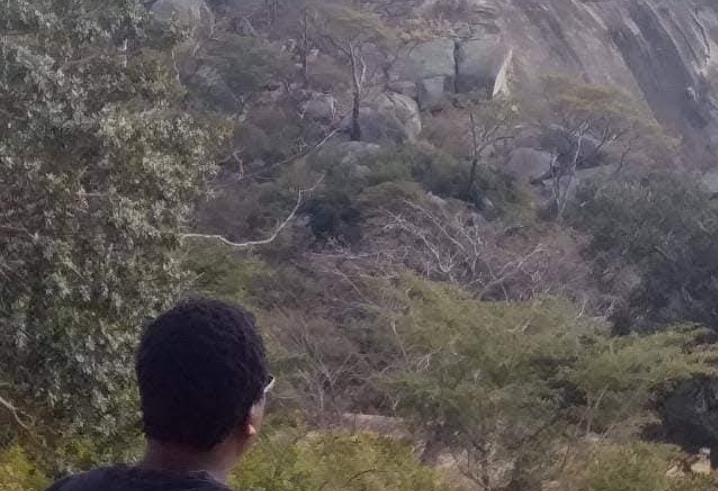I am from Bikita, Masvingo province in Zimbabwe. I was born there. But I grew up in Harare with the regular school holiday visit during public holidays. As instructed and directed by my mother and father.
Upon attaining adulthood and sort of passing my Advanced Level courses and arriving at the University of Zimbabwe (UZ) I did a Political Sciences course on the Theory and Practice of Public Policy research project in Bikita.
I went to the Nyika growth point satellite office for the Bikita Rural District Council and got the necessary information for my short term study. And at the same time my father, Teacher Francis Zhangazha was in a bank queue at the Post Office Savings Bank (POSB) collecting his savings book recorded salary. We had met on a Tanda Tavaruva/Mhunga bus that day. And happily accompanied each other to Nyika growth point. And no he did not buy me a beer that day.
This was in 1998 and also at least 7 years after my own father, his younger brother Ignatious Zhangazha had passed away. And where he had already decided (as my mother explains) to be buried at his own homestead in Tamirepi village.
This was a homestead he had acquired via his elder brother Teacher Franics Zhangazha who persuaded the local headman to give him and now by defualt his children/us the land on which we can live without being questioned.
When my father passed my mother and uncles kept the land for us. She did not have to but chose to do so.
We then inevitably grew up knowing that Bikita is home. Even as we grew up in Harare. And went to Mission schools that both our parents in their devout Catholicism valued greatly.
In this growing up we did not know that the question of our rural and urban upbringing would come back to haunt us. Not as a horror story that is seen in movies. But as a lived reality where we are faced with the primary question of the fact that we are, as Zimbabweans, saddled with a dual consciousness. And this is the key issue of the matter.
A majority of us black Zimbabweans are rural by upbringing. And where we claim we are both combined urban and rural in the minority, we still want to be urban. And be recognised for the material success that comes with the same said urban success and recognition.
We are forgetting our own historical realities of where we have come from. And who we are.
Including the fact of as is now generally said in times of crisis (funerals) and even happiness (weddings), ” ngatimirire vakomana or vasikana vari Harare, Mutare, Bulawayo, Jonhi kana ku UK ne Canada”.
The key issue however is the fact of the reality of our rural, urban and Diaspora contradictions.
With the key point being we have to recognise our origins as important. No matter where we now are. And how we cannot change that particular historical reality.
As alluded to earlier, I am from Bikita. And I recognise that basic historical fact.
One that I cannot and do not want to wish away. Even if I tried.
Just like a cde from Gokwe, Tsholotsho, Nyanga or Gwanda cannot wish their historical realities and existence away.
What however remains in focus is the fact of balancing our rural life experiences with our urban and also Diaspora ones.
When we read Charles Mungoshi’s “Waiting for the Rain”. Or Dambudzo Marechera’s “House of Hunger” the prominent narratives were about the contradictions between the urban, rural and colonially induced poverty and again contradictory national consciousness induced by cultural colonialism.
What has since happened is the fact that we cannot wish the ‘rural’ away. It’s intrinsic to who we are as a Zimbabwean people.
Even if colonially designed. And countered by our national liberation struggle. And then reinforced by post colonial education and administrative systems that oddly we are still using to this day.
My conversations with the Zimbabwean rural life are more aboit the recognti9n of colonial migration and how to handle it.
Rural cdes are not at all dull. They know who tbey are and they now how to handle their challenges with or without central government.
To conclude I mentioned Bikita my own rural home because I have an historical sense of belonging to it. Not by having been born there but because there are very few Zimbabweans that do not come from the same historical background.
Our historical native reserves remain intrinsic to who we are. Historically. But I have no idea what the future holds.
Takura Zhangazha writes here in his own personal capacity.

Leave a Reply